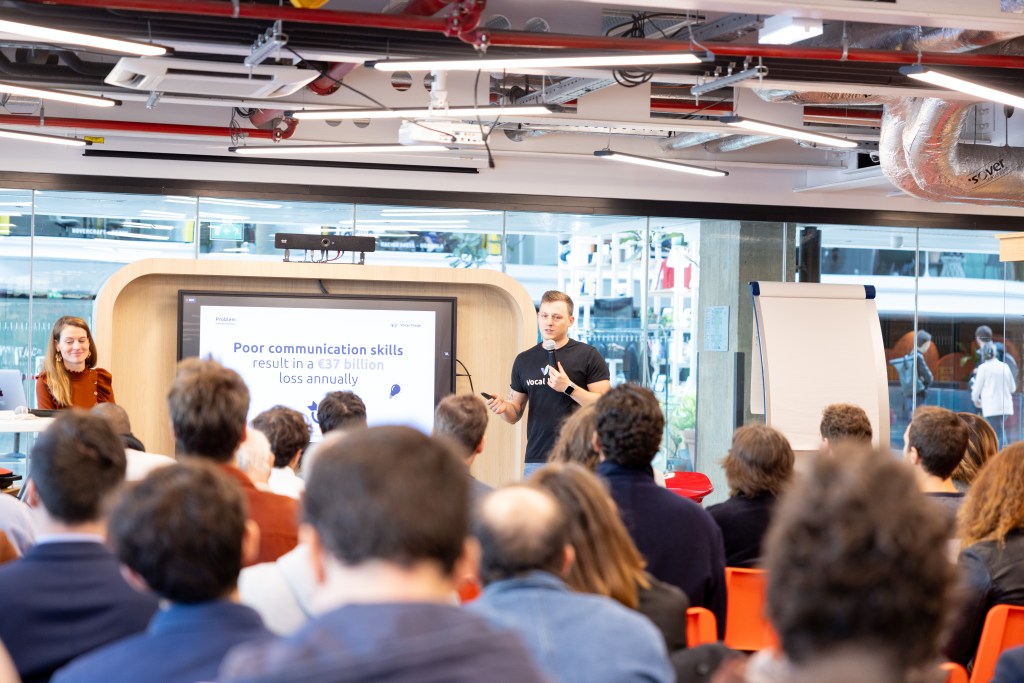The ongoing legal battle between OpenAI and its co-founder, Elon Musk, has intensified as OpenAI filed a countersuit on April 9, 2025, alleging a pattern of harassment by Musk and seeking a federal injunction to prevent further disruptive actions. This countersuit is a response to Musk’s earlier legal actions against OpenAI, which accused the organization of deviating from its original non-profit mission.
Background of the Dispute
OpenAI was established in 2015 as a non-profit entity with the mission of developing artificial intelligence (AI) technologies for the benefit of humanity. Elon Musk, a prominent entrepreneur and CEO of Tesla and SpaceX, was among the co-founders and initial supporters of OpenAI. However, in 2018, Musk departed from the organization due to disagreements over its direction and governance. Subsequently, in 2023, he founded his own AI company, xAI, entering the competitive AI industry.
In 2019, OpenAI transitioned to a capped-profit model, aiming to attract more substantial funding while maintaining its commitment to its original mission. This structural change has been a point of contention, leading to legal challenges from Musk, who argues that OpenAI’s shift towards a for-profit model contradicts its foundational objectives.
Details of the Countersuit
In the recent legal filing, OpenAI’s attorneys accuse Musk of engaging in a sustained campaign to undermine the organization. The filing outlines several specific allegations:
– Public Attacks: Musk has allegedly used his substantial social media presence to launch public criticisms against OpenAI, potentially damaging its reputation and stakeholder relationships.
– Legal Maneuvers: The countersuit claims that Musk has employed legal tactics to disrupt OpenAI’s operations, including filing lawsuits that OpenAI describes as baseless and intended to harass.
– Takeover Attempt: OpenAI asserts that Musk orchestrated a sham bid to acquire the organization, which was purportedly designed to destabilize OpenAI’s governance and strategic plans.
OpenAI contends that these actions have caused significant harm to the organization, affecting its ability to govern effectively and pursue its mission. The countersuit seeks a court order to enjoin Musk from continuing these alleged unlawful and unfair actions and to hold him accountable for the damages already inflicted.
Musk’s Response
In response to the countersuit, Musk’s legal team has defended his actions, emphasizing his concerns about OpenAI’s direction and governance. They argue that Musk’s interventions are motivated by a desire to ensure that OpenAI adheres to its original mission of developing AI for the public good. Musk’s attorneys have also highlighted his previous financial contributions to OpenAI and his role in its founding, suggesting that his involvement is rooted in a longstanding commitment to the organization’s success.
Implications for OpenAI’s Future
The legal dispute comes at a critical juncture for OpenAI, as the organization is in the process of transitioning to a for-profit model to secure substantial funding necessary for its operations and research initiatives. OpenAI has stated that completing this transition is essential to raise the $40 billion it seeks to advance its AI technologies. The organization argues that Musk’s actions threaten to derail this transition, potentially jeopardizing its financial stability and ability to compete in the rapidly evolving AI industry.
Broader Industry Context
This legal battle underscores the broader tensions within the AI industry regarding the balance between profit motives and ethical considerations. As AI technologies become increasingly influential, organizations like OpenAI face scrutiny over their governance structures and the alignment of their operations with their stated missions. The outcome of this dispute may set important precedents for how AI organizations navigate these complex issues.
Conclusion
The countersuit filed by OpenAI against Elon Musk marks a significant escalation in the ongoing conflict between the organization and its co-founder. As both parties prepare for a jury trial scheduled for spring 2026, the case is poised to have far-reaching implications for OpenAI’s future and the broader AI industry. Observers will be closely watching how the court addresses the allegations of harassment and the broader questions about the governance and mission of AI organizations.



